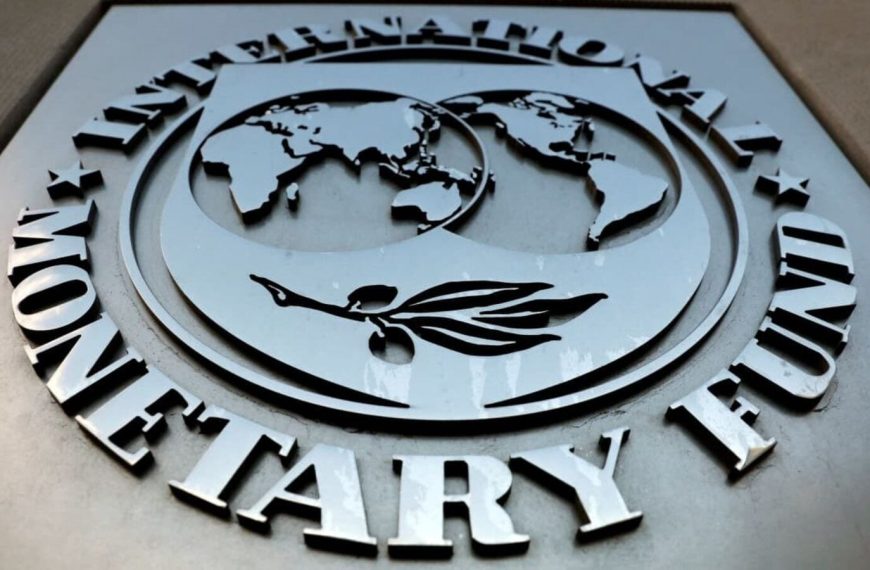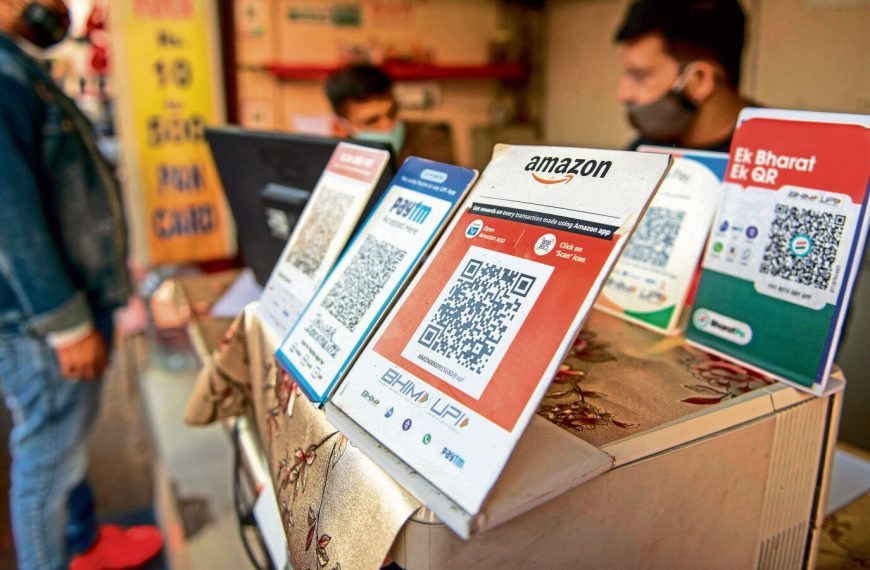In a significant move aimed at safeguarding small borrowers, the Reserve Bank of India (RBI) has announced that banks must refrain from imposing excessive fees on smaller loans, particularly those categorized under priority sector lending (PSL). Effective from April 1, 2025, the updated guidelines will prevent banks from levying loan-related and ad hoc service charges on priority sector loans that do not exceed ₹50,000. This initiative is designed to relieve smaller borrowers from unnecessary financial strain and promote equitable lending practices.
New Guidelines for Priority Sector Lending
The RBI’s new Master Directions on PSL will replace the existing framework established in 2020, ensuring that funds are directed where they are truly needed. Here are some key points regarding the new guidelines:
- No Charges on Small Loans: Banks are prohibited from imposing any loan-related or ad hoc service charges on priority sector loans up to ₹50,000.
- Gold Loans Exclusion: Loans secured against gold jewellery obtained from Non-Banking Financial Companies (NBFCs) will not qualify as priority sector lending. This approach is intended to ensure that PSL funds are allocated to genuine needs like small businesses, agriculture, and marginalized communities.
Transitioning to Updated Guidelines
To facilitate a smooth transition, the RBI has assured that loans previously classified under the 2020 PSL guidelines will maintain their priority sector status until maturity. This continuity is crucial for both borrowers and banks as they adapt to the new framework.
In addition to these changes, the RBI is implementing a more robust system for monitoring compliance with PSL targets. From now on, banks will be required to submit detailed reports on their priority sector advances:
- Quarterly and Annual Reporting: Banks must report their PSL data within 15 days after each quarter and within one month after the fiscal year ends.
- Financial Accountability: Institutions that fail to meet their PSL obligations will need to contribute to the Rural Infrastructure Development Fund (RIDF) and related schemes managed by NABARD, ensuring continued support for priority sector development.
Support for COVID-19 Relief Loans
Moreover, the RBI has confirmed that outstanding loans provided under specific COVID-19 relief measures will still be classified as priority sector lending. This decision aims to aid sectors that are in the process of recovering from the pandemic’s economic fallout.
Conclusion: Strengthening Financial Inclusion
With these revised PSL guidelines, the RBI is taking significant steps toward enhancing financial inclusion and promoting socio-economic growth. By directing credit to underserved sectors and ensuring fair lending practices, the central bank is committed to supporting India’s developmental goals. These changes reflect a proactive approach to fostering a more equitable financial landscape for all.
For more details on the RBI’s initiatives, consider visiting their official website or following updates from trusted financial news sources.











